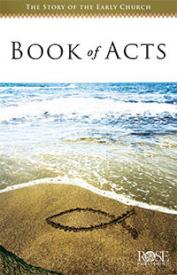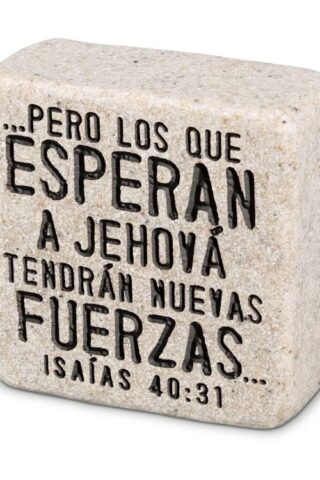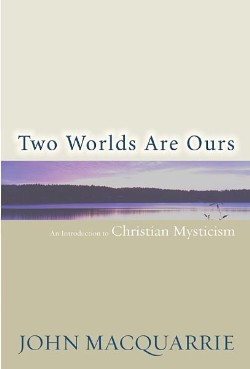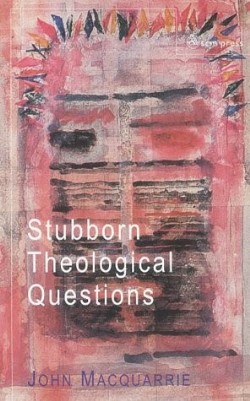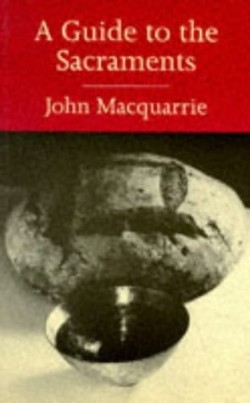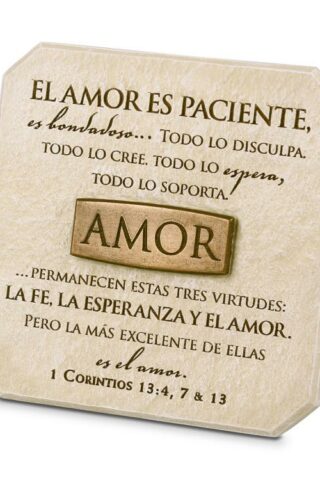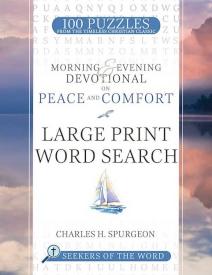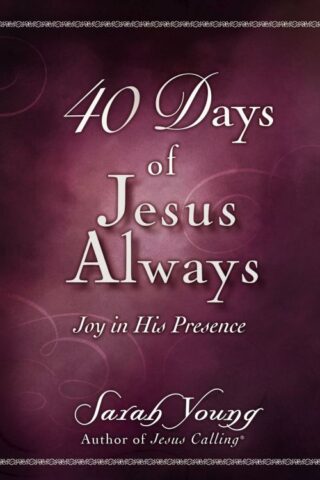John MacQuarrie
Showing all 4 resultsSorted by latest
-
2 Worlds Are Ours
$38.33Preface
1.What Is Mysticism?
2.Biblical Roots Of Christian Mysticism: Old Testament, Moses
3.Biblical Roots Of Christian Mysticism: New Testament, Paul
4.Greek Input, Platonism: Clement Of Alexandria, Origen
5.Greek Input, Neo-Platonism: Gregory Of Nyssa, Augustine Of Hippo, Dionysius The Areopagite
6.The Dark Ages: Maximus Confessor, John Of Damascus, John Scotus Eriugena
7.The Early Middle Ages: Symeon The New Theologians, Bernard Of Clairvaux, Richard Of St Victor
8.The High Middle Ages: Bonaventure, Meister Eckhart
9.Women Mystics: Julian Of Norwich, Catherine Of Siena, Catherine Of Genoa
10.Some Spanish Mystics: Ignatius Loyola, Teresa Of Avila, John Of The Cross
11.Post-Reformation Mystics: Jakob Bohme, Blaise Pascal, George Fox, William Law
12.Eighteenth Century: Jonathan Edwards, John Woolman
13.Nineteenth Century: John Keble, Sren Kierkegaard, Charles De Foucauld
14.Twentieth Cenbury: Henri Bergson, Rudolf Otto, Pierre Teihard De Chardin, Jacques Maritain, Thomas Merton
15.Concluding Remarks
Notes
IndexAdditional Info
In this masterful historical survey, theologian John Macquarrie demonstrates how Christians, especially the great mystics, have experienced at their own “radiant core” the love and presence of God.The word mysticism evokes ecstatic visions, asceticism, and esoteric teaching. Yet, the author maintains, mystics are better thought of as people who exhibit common human curiosity, long to explore religious mystery, and ultimately find a deep personal relationship with God.
Macquarrie discusses in detail the ten common traits of mysticism before tracing two millennia of Christian mysticism. He mainly allows the mystics to speak for themselves, but he is also particularly insightful about the greatest individuals of the tradition – from Paul to the patristic Platonists to the classic medieval mystics to a host of twentieth-century exemplars.
Add to cartin stock within 3-5 days of online purchase
-
Stubborn Theological Questions
$35.99This text addresses three main questions: how we should think and speak about God in a changing and largely secularized world; the nature of the person and incarnation of Jesus Christ – is he fully man and fully God?; and how does a theologian know about God and the destiny of man? It addresses issues such as: the suffering of God; the Cosmic Christ; the pre-existence of Jesus Christ; and the development of the Christian doctrine, as well as presenting the history of those groups and individuals who advanced the discussion of such questions.
Add to cartin stock within 3-5 days of online purchase
-
Jesus Christ In Modern Thought
$26.00‘An important and significant book, which provides a clear, critical and comprehensive analysis of the history of Christology and a balanced and compelling argument for one approach which should help make the classical creeds more intelligible and the idea of the incarnation more probable in a secular culture.
Add to cartin stock within 3-5 days of online purchase



